Dictionary Skills Worksheets
Worksheet length: The worksheets in this collection vary in length and complexity, catering to learners of different proficiency levels. Whether you're a beginner looking to practice the basics or an advanced learner seeking a challenge, you'll find suitable exercises to enhance your dictionary skills.
Table of Images 👆
More Other Worksheets
Kindergarten Worksheet My RoomSpanish Verb Worksheets
Cooking Vocabulary Worksheet
DNA Code Worksheet
Meiosis Worksheet Answer Key
Art Handouts and Worksheets
7 Elements of Art Worksheets
All Amendment Worksheet
Symmetry Art Worksheets
Daily Meal Planning Worksheet
What is a dictionary?
A dictionary is a reference book or online resource that contains an organized list of words in a particular language, along with their meanings, definitions, pronunciations, and sometimes additional information such as word origins, usage examples, and synonyms. It is used to look up the meanings of words, spellings, and proper usage in writing and speaking.
How can a dictionary help you improve your vocabulary?
A dictionary can help improve your vocabulary by providing definitions of words, along with synonyms, antonyms, and examples of how words are used in sentences. It can also help you understand the correct context to use a word and its different nuances or connotations. Additionally, dictionaries often include information on word origins, related terms, and proper pronunciation, helping you to expand your knowledge and use of language more effectively.
What information can you find in a dictionary entry?
In a dictionary entry, you can find the word's spelling, pronunciation, part of speech, definitions, synonyms, antonyms, etymology (word origin), and sometimes usage examples.
How can you use guide words to find a word in a dictionary?
Guide words in a dictionary are used to help locate a word quickly without flipping through every page. To find a word using guide words, look at the first and last words listed on the dictionary page you think the word might be on. If the word you're looking for falls alphabetically between the guide words, then you're on the right page. Scan the entries until you find the word you're seeking.
What is the purpose of pronunciation symbols in a dictionary?
The purpose of pronunciation symbols in a dictionary is to provide guidance on how to correctly pronounce words. They serve as a standardized system of notation to represent the sounds of words, ensuring that individuals can accurately pronounce unfamiliar words by following the phonetic guide provided in the dictionary. This helps to improve communication and understanding, especially for non-native speakers or those encountering new words for the first time.
How can you use parts of speech to understand the meaning of a word?
Analyzing the parts of speech of a word can help understand its meaning by providing information about how the word functions in a sentence. For example, identifying if a word is a noun, verb, adjective, or adverb can reveal its role in expressing ideas, actions, qualities, or relationships. Additionally, considering how the word interacts with other words in a sentence based on its part of speech can clarify its meaning and nuances within a given context.
What does it mean when a word has multiple definitions in a dictionary?
When a word has multiple definitions in a dictionary, it means that the word can be used in different ways or contexts to convey varying meanings or shades of meaning. The definitions help to clarify the different ways in which the word can be understood and used in language, reflecting the complexity and flexibility of language in conveying ideas and concepts.
How can you use synonyms and antonyms to expand your understanding of a word?
By utilizing synonyms and antonyms, one can deepen their comprehension of a word by exploring its related meanings and opposite concepts. Synonyms provide alternative words that convey a similar meaning, allowing for a broader perspective on how the word can be used. On the other hand, antonyms offer contrasting terms that highlight the nuances and boundaries of the word's definition, aiding in a more nuanced understanding of its usage in various contexts. By incorporating both synonyms and antonyms into one's vocabulary exploration, one can enhance their language skills and grasp the complexities of a word more effectively.
What is a homophone, and how can a dictionary help you differentiate between homophones?
A homophone is a word that sounds the same as another word but has a different meaning, spelling, or origin. A dictionary can help you differentiate between homophones by providing definitions, parts of speech, and example sentences for each word, helping you understand the distinct meanings and applications of similar-sounding words. Additionally, dictionaries may include pronunciation guides or phonetic spellings to clarify the differences in how homophones are spoken.
How can you use word origins and etymology to better understand the meaning of a word?
By examining word origins and etymology, you can identify the language or languages from which a word is derived and how its meaning has evolved over time. Understanding the historical context and original meanings behind a word can provide insights into its current usage and nuances. It can also help you make connections between seemingly unrelated words or concepts, leading to a deeper understanding of the word's true essence and cultural significance.
Have something to share?
Who is Worksheeto?
At Worksheeto, we are committed to delivering an extensive and varied portfolio of superior quality worksheets, designed to address the educational demands of students, educators, and parents.

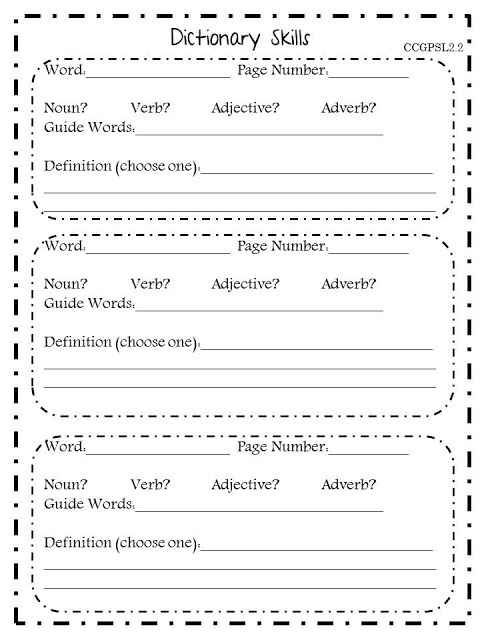



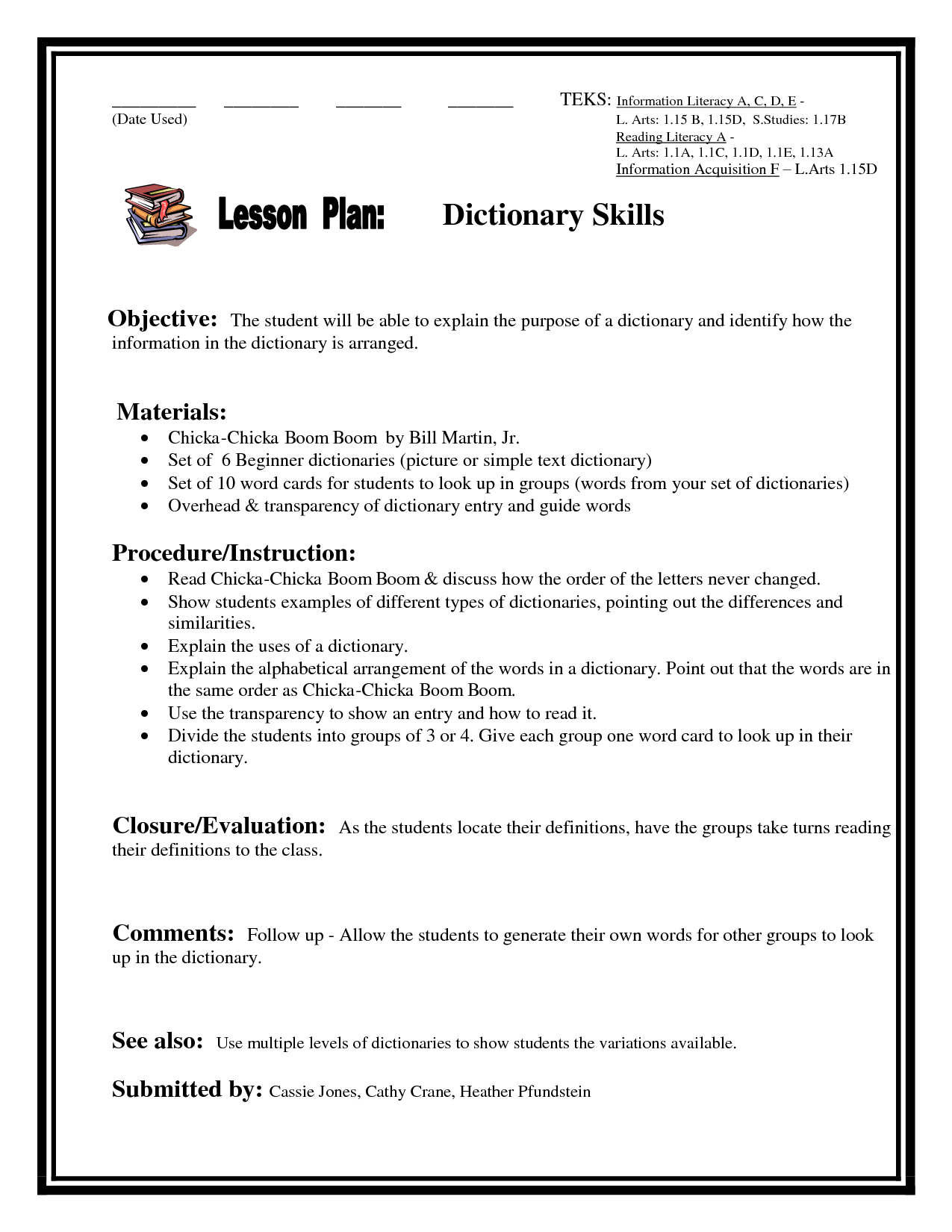
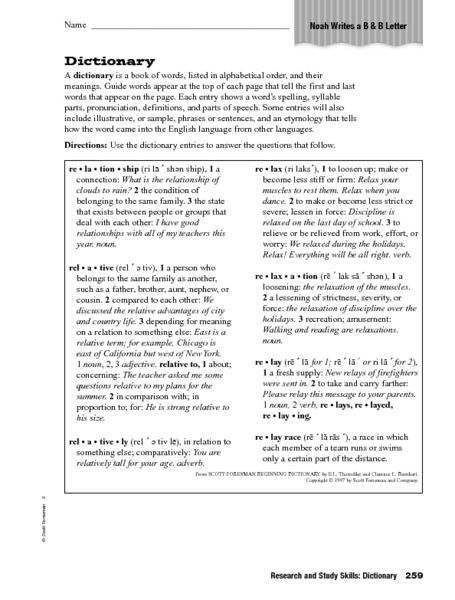
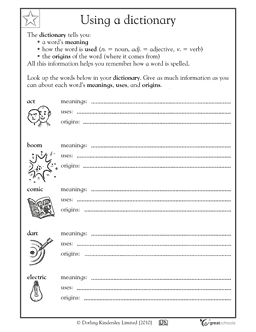
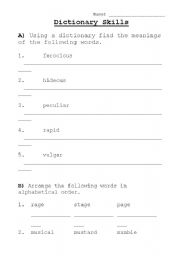
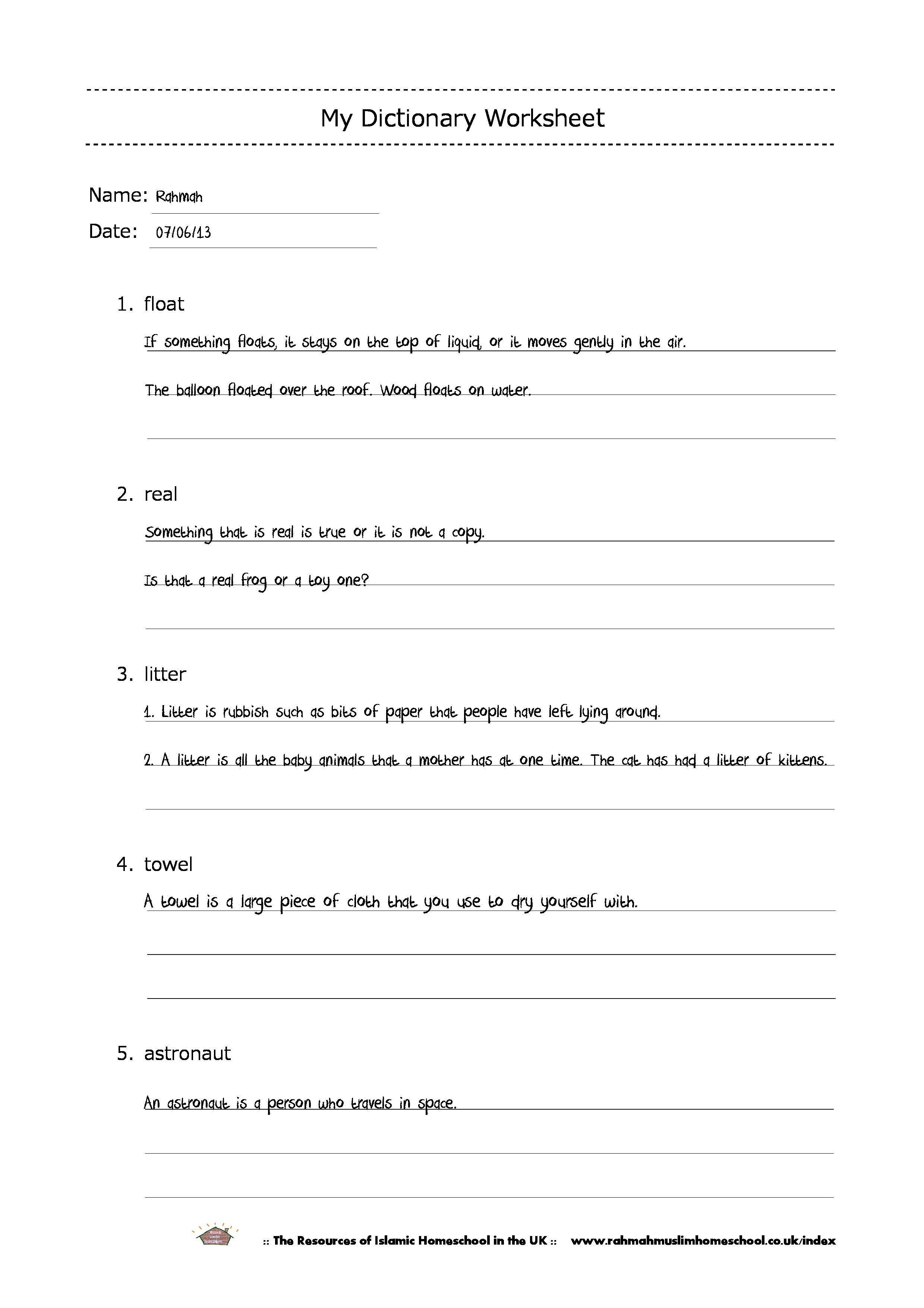
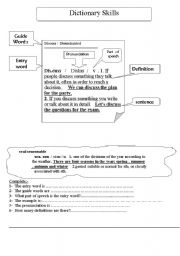
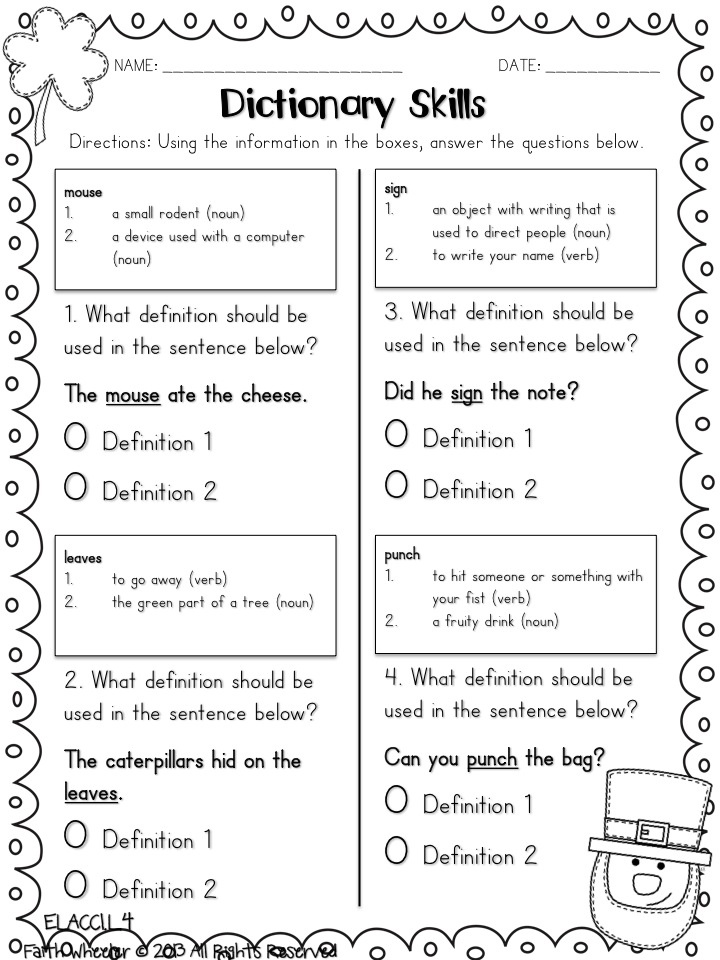
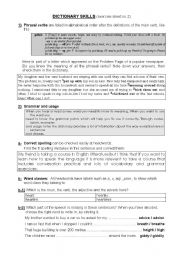
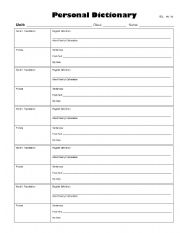
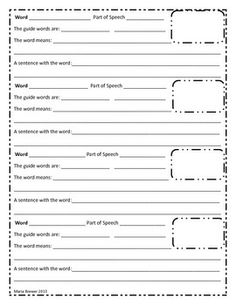














Comments